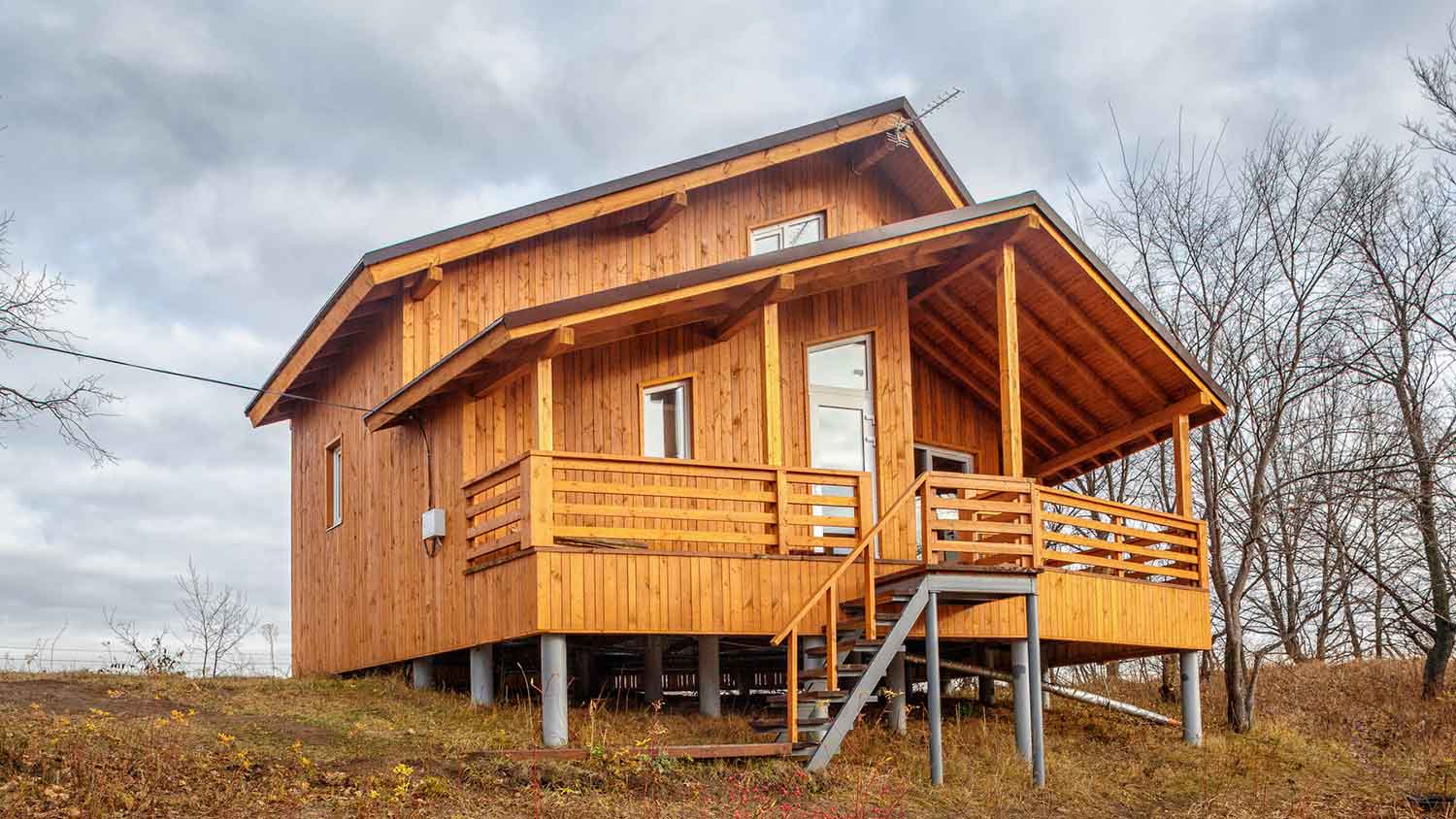When to Use a Foundation Crack Repair Kit
Pave your way to crack-free concrete with this kit


Epoxy and polyurethane are the two types of foundation crack repair kits.
Foundation crack repair kits cost $130 to $140 per kit.
Epoxy kits are suitable for horizontal or one-fourth inch or thicker cracks and provide structural strength.
Polyurethane kits are best for vertical or diagonal cracks or cracks less than one-fourth inch thick and provide an air- and water-tight seal.
Contact a pro if foundation cracks continue spreading, moving, or leaking.
Let’s talk about cracks—the unsightly lines in your foundation that glow like neon signs every time you see them. But thanks to foundation crack repair kits, those eyesores don’t have to stay there. In this guide, we’ll cover these DIY kits, the types available, and when you need a pro to repair those cracks instead.
What Is a Foundation Crack Repair Kit?
Foundation crack repair kits, as their name implies, are a kit with everything you need to fix cracks in your foundation yourself. These kits make it easy and affordable—typically $130 to $140 per kit—for homeowners to fix superficial concrete cracks without drilling holes.
Types of Foundation Repair Kits
Ready to patch up that crack in your basement wall and show it who’s boss? Before you purchase a foundation kit, we’ll cover the different types and their purpose below.
Epoxy Foundation Repair Kits
Epoxy is a thermosetting polymer with durability, strength, and chemical resistance. That’s why epoxy injections are best used on foundation cracks that run horizontally or more than one-fourth inch thick. Horizontal or large cracks point towards structural issues, which means mending them requires additional strength, typically provided by epoxy.
And the epoxy injections found in these repair kits create a strong bond with the cracked concrete wall, helping restore its structural integrity. But that doesn’t mean you’re out of the woods yet, since you are repairing a structural crack, continuing monitoring it to see if it’s still moving and separating.
Polyurethane Foundation Repair Kits
Polyurethanes are plastic polymers that you’ll commonly find in adhesives, paints, varnishes, and foams.
Polyurethane foundation repair kits are perfect for vertical or diagonal cracks or cracks less than one-fourth-inch thick. They can expand up to 30 times their original size, creating a water- and air-tight seal with the concrete, just what the doctor ordered for foundational issues like leaks.
Types of Foundation Cracks
What exactly is causing these cracks in your foundation? Let’s cover the different types of foundation cracks and why they happen here.
Horizontal

Horizontal cracks in your concrete walls signify a severe problem that requires your attention. These cracks mean there’s likely structural damage caused by hydrostatic pressure, water pressure that pushes your foundation walls inward.
Most foundation designs can withstand water pressure. But weather conditions like heavy rainfall and melted snow cause the soil to expand, placing excessive pressure on your concrete walls, causing them to crack or bow.
Vertical or Diagonal
Vertical or diagonal are usually non-structural concrete cracks that result from concrete shrinkage or settling. They don’t usually raise red flags, but fixing this issue can help prevent other problems like water damage and unintentionally creating an Airbnb for bugs.
When Should You Call a Pro to Fix Foundation Cracks?
Repair kits can come in handy, but they have their limits. If you’ve previously used a DIY kit on a crack and it’s still moving, spreading, leaking, etc., it’s time to pull out the big guns—contacting a foundation repair pro in your area. You can also get a structural engineer, depending on the severity.
Your pro will be able to assess your situation and help you come up with a long-lasting solution that’ll give you peace of mind. On average, homeowners pay $2,100 to $7,400 on repairing their foundation. However, the final price can be much higher or lower, depending on the severity of the cracks.





- How to Fix Foundation Cracks: Your Guide to Identifying and Repairing Cracks by Type
- Foundation Cracks: What’s Normal and When to Worry
- 10 Types of Drywall Cracks and What They Could Mean
- 8 Common Causes of Foundation Cracks
- 11 Warning Signs of Foundation Issues
- When to Worry About Cracks in Your Basement Floor
- What a Foundation Inspection Is and How to Check Yours
- Your Guide to Dealing With Foundation Drain Issues
- 11 Foundation Maintenance Tips to Keep Your Home Standing Strong
- Who to Call to Repair Foundation Issues










